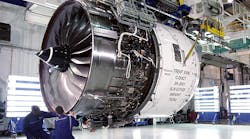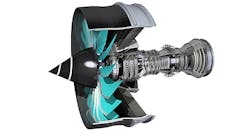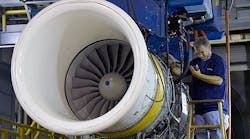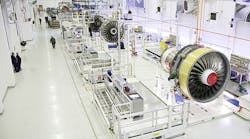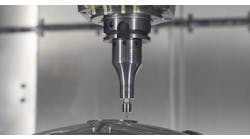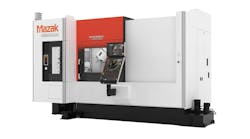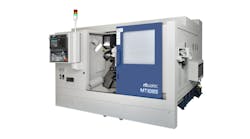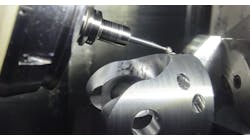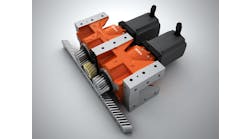Jet engine designer and builder Rolls-Royce presented what it called “the initial findings” of a review of operations it has been conducting over the past year, asserting the group has a strong portfolio of products and services, with good investment opportunities to strengthen its competitive advantages in critical markets. But, the report also found “clear areas for business improvement” at Rolls, citing it maintains a complex business model with high, embedded costs.
The review also conceded that past reports had “undermined confidence in the business model in the face of changing markets conditions in several businesses.”
“As a group we are undergoing an unprecedented period of change,” Rolls-Royce CEO Warren East. “Change in our mix of business and how we account for it. Change in our industrial footprint as we invest in a wide-ranging transformation. And change in demand for our products as we double our large engine output and manage reductions in demand in other markets. These changes, while more painful than we expected in the near-term, are vital to our long-term success.”
Just over a year ago, Rolls-Royce Holdings Plc. announced plans to cut 2,600 positions over the next 18 months in a restructuring program aimed at reducing operating costs and improve operational efficiency. At that time, it indicated its changes would conserve about $128 million annually by eliminating unnecessary and duplicate costs.
In the months since then, it has initiated a joint venture to manufacture gearboxes for geared turbofan engines, and invested in updates to its own testing and manufacturing centers. It also agreed to sell a fluid bearings manufacturing business.
Rolls is the number-two supplier of turbofan engines for jet aircraft, but it trails GE Aviation in market share. It’s hampered by the fact that it has no jet-engine options available for the narrow-body commercial aircraft segment, which is entering a prolonged period expansion thanks to rising orders for the Airbus A320 or Boeing 737 series.
In comments following the presentation of the findings, the CEO said the group had no opportunity for the firm to enter the market for narrow-body jet engines until the early 2030s.
At the same time, Rolls is benefitting from a comparable expansion in the wide-body aircraft sector, notably with its Trent XWB engine that is the exclusive option for the new Airbus A350 jets.
In its statement Rolls assured investors the restructuring efforts would continue to simplify the organization, streamline management, and reduce fixed costs. It said the efforts would provide incremental gross cost savings of £150-200 million/year ($225-300 million/year), with benefits accruing from 2017 onward.
Rolls also stated that the group’s medium- to long-term outlook remains strong, with strong cash flows due to the wide-body aircraft sector’s expansion.
“My review has underpinned my confidence about the opportunities before us and I am convinced that our long-term outlook is positive,” Warren East stated. “It has also highlighted a number of areas where we can simplify the way we work, inject pace into our decision-making and responsiveness, and improve our operational gearing and operational effectiveness.”
